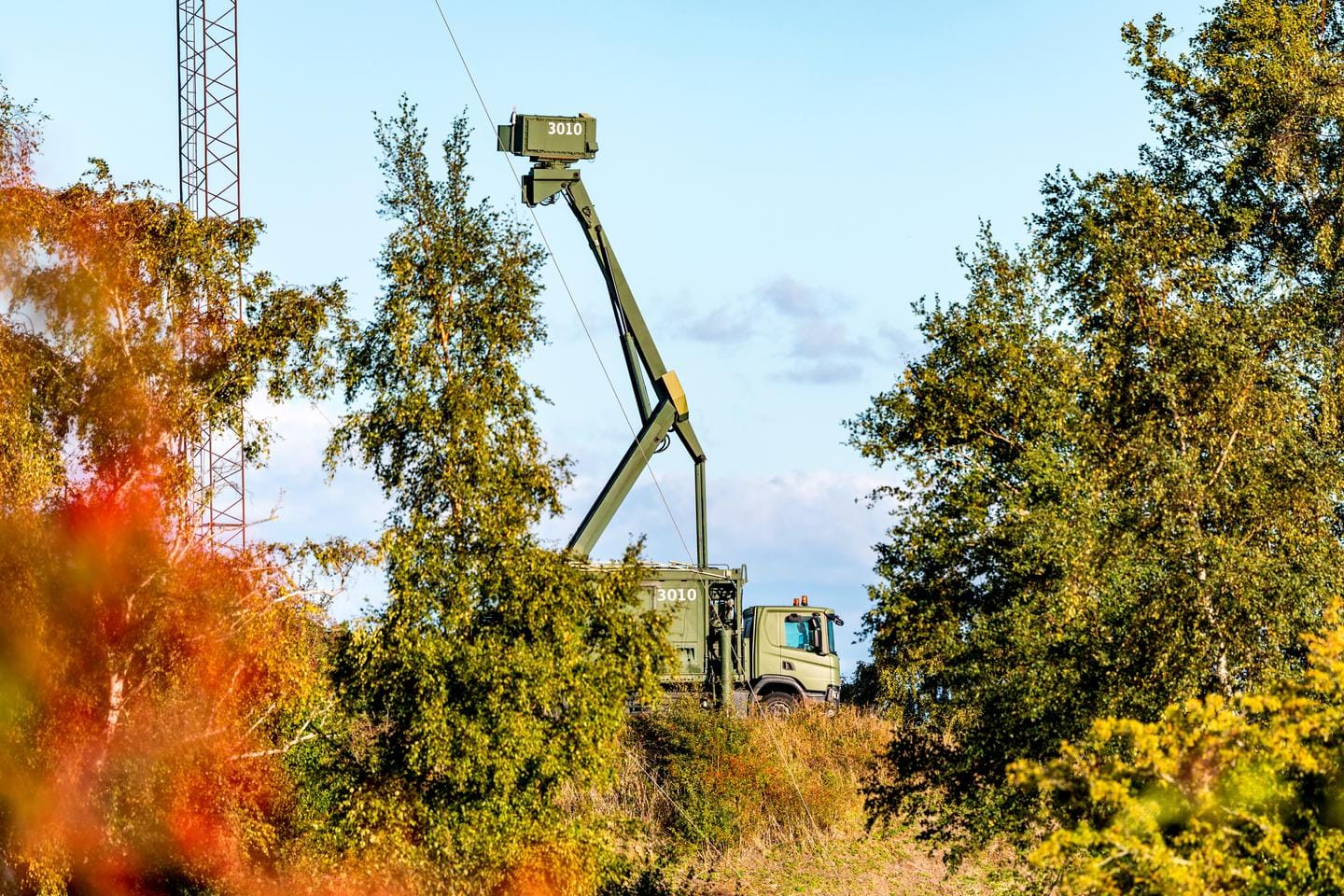Unidentified Drones Spark Security Concerns in Denmark and Germany
Unidentified drones have been observed over Denmark’s largest military base, prompting heightened security measures and accusations of hybrid warfare. The incidents follow a series of airport overflights earlier in the week, raising concerns about potential threats to national security.
Drone Sightings and Investigations
On Saturday, police confirmed that an incident occurred on Friday evening around 8:15 PM, lasting for several hours. "One or two drones were observed outside and above the Karup airbase," stated police officer Simon Skelsjaer. Authorities have not yet determined the origin of the drones and are cooperating with the military in their investigation.
The Karup base shares runways with Midtjylland Airport, which was briefly closed as a precaution. However, no commercial flights were affected due to the lack of scheduled flights.
Accusations of Hybrid Warfare
Danish Prime Minister Mette Frederiksen has asserted that Denmark has been the victim of "hybrid attacks" in recent days, referring to a form of unconventional warfare. While investigators have not yet identified the responsible parties, Defense Minister Troels Lund Poulsen suggested that the flights appeared to be "the work of a professional actor." Frederiksen has directly accused Russia, stating, "There is a country that represents a threat to the security of Europe, and that is Russia."
Russia Denies Involvement
Moscow has firmly rejected any involvement in the Danish incidents, dismissing them as "staged provocations" in a message posted on social media. Danish Justice Minister Peter Hummelgaard believes the objective of these attacks is "to sow fear, create divisions, and frighten us."
Denmark Bolsters Defenses
These incidents come a week after Denmark announced its first-ever acquisition of long-range precision weapons, citing Russia as a threat "for years to come." Hummelgaard stated that Copenhagen would also acquire new capabilities for detecting and neutralizing drones.
Defense ministers from approximately ten European Union countries have agreed to prioritize the establishment of an "anti-drone wall." European Commissioner for Defense Andrius Kubilius has urged Europe to learn from the conflict in Ukraine and rapidly implement anti-drone defenses. "We must act quickly," Kubilius emphasized, "and we must act by learning all the lessons from Ukraine and building this anti-drone wall together with Ukraine." The European Commission has declared its "full support for Denmark."
Latvian President Edgars Rinkevics echoed Lithuania’s call for NATO to strengthen its protection of the Baltic states against what he perceives as Russian violations of the alliance’s airspace. Copenhagen is set to host a European summit on Wednesday and Thursday, and the city has accepted Sweden’s offer to provide anti-drone technology to ensure the meeting’s security.
Germany to Authorize Downing of Drones
Germany is also taking steps to address the drone threat. Interior Minister Alexander Dobrindt announced that the country’s armed forces would be authorized to shoot down drones that intrude on its territory. This decision follows the sighting of a "swarm" of unidentified drones over the state of Schleswig-Holstein, which borders Denmark.
While drone intrusions have occurred previously in Germany, this was the first instance involving a "swarm." Dobrindt did not provide details on the specific sites overflown or the drones’ presumed origin, but Germany has repeatedly accused Russia of conducting espionage, sabotage, and surveillance missions on its territory. "We observe a constant hybrid threat," Dobrindt stated, using the term for destabilization tactics employed by a hostile state.
The Interior Minister confirmed his intention to modify air safety regulations to allow the armed forces to "shoot down drones." He added, "What we are seeing is an arms race between the threat posed by drones and the defense against drones. We must prepare for this."
German tabloid Bild reported, citing an official document, that authorization to shoot down drones would only be granted if they posed a danger to individuals or critical infrastructure.
Enjoyed this post by Thibault Helle? Subscribe for more insights and updates straight from the source.


